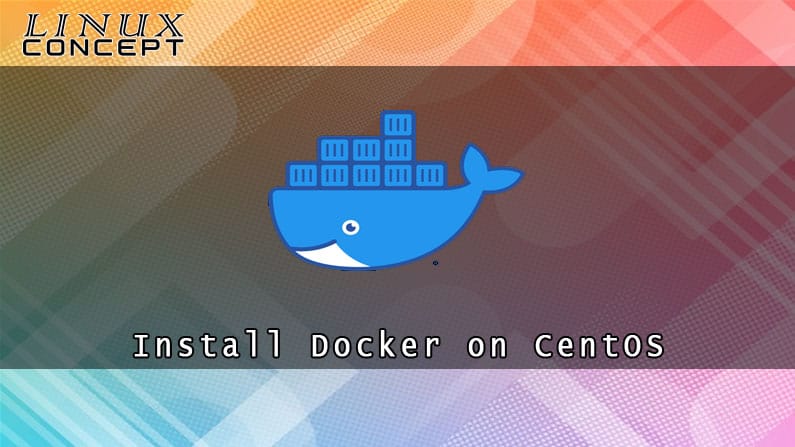

This is only available on Linux Scenario three: Install the Compose standalone If you already have Docker Engine and Docker CLI installed, you can install the Compose plugin from the command line, by either: If you have already installed Docker Desktop, you can check which version of Compose you have by selecting About Docker Desktop from the Docker menu Scenario two: Install the Compose plugin Includes Docker Compose along with Docker Engine and Docker CLI which are Compose prerequisites. The easiest and recommended way to get Docker Compose is to install Docker Desktop. Installation scenarios Scenario one: Install Docker Desktop This page contains summary information about the available options for getting Docker Compose. Docker Registry could be hosted by a third party as a public or private registry, like Docker Hub.Compose V1 no longer receives updates and will not be available in new releases of Docker Desktop after June 2023.Ĭompose V2 is included with all currently supported versions of Docker Desktop.įor more information, see Migrate to Compose V2. Docker Registry : Docker images can be stored in order to be publicly or privately in a Docker registry. The docker containers on the other hand are spun-off from docker image and adds a read-write layer on top of it.

Docker Containers : The docker images are read-only and stateless.

These files in the Docker image are read-only and hence the content of the image cannot be altered. Docker Images : It is a collection of files like libraries, binaries, and other dependencies just needed to run the application. Enterprise Edition (EE) : Officially supported and paid version from Docker. Community Edition (CE): do-it-yourself, community supported version of Docker that’s available for free of cost. Docker Editionsĭocker is available in 2 editions namely: 1. It is also supported on many cloud platforms, such as Amazon EC2, Rackspace Cloud, and Google Compute Engine. Docker is supported on many Linux platforms, such as RHEL, Ubuntu, Fedora, CentOS, Debian, Arch Linux, and so on. Docker is a container-management system that helps us easily manage Linux Containers (LXC) in an easier and universal fashion.


 0 kommentar(er)
0 kommentar(er)
